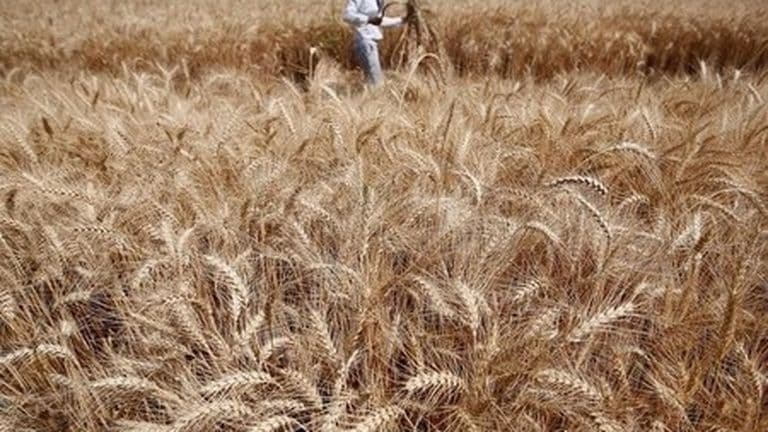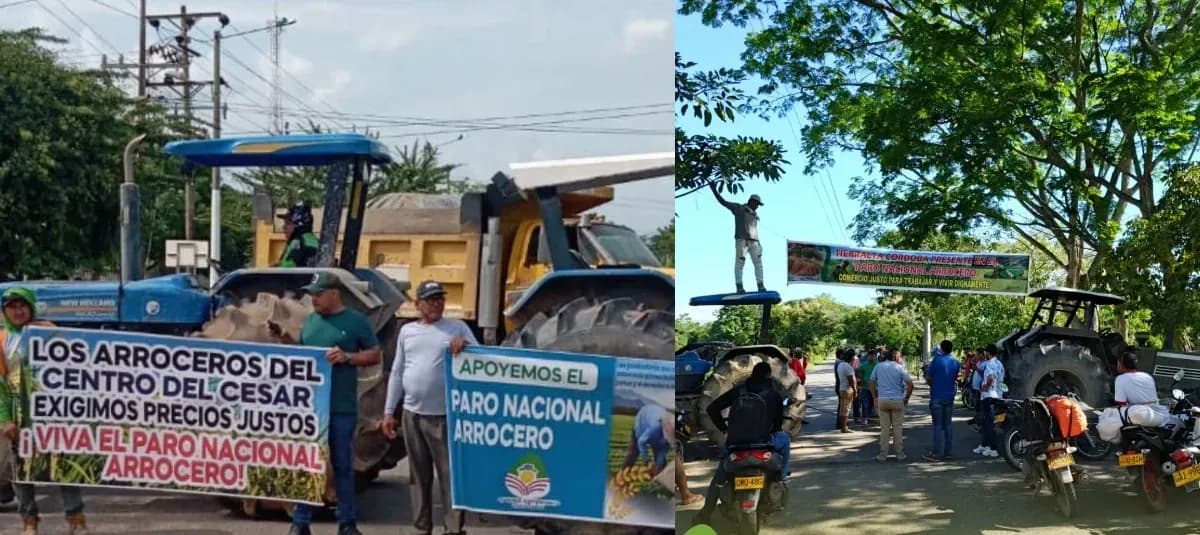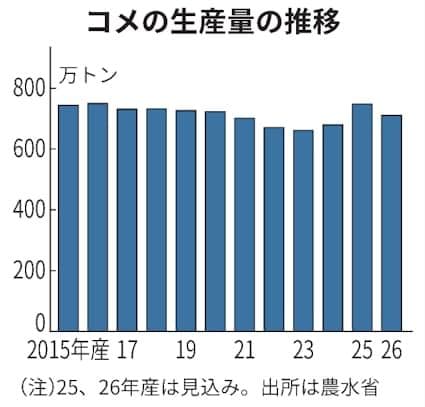The Pampas Paradox: Unraveling Argentina's Turbulent Agricultural Destiny
Discover Argentina's agricultural paradox: immense export wealth intertwined with market volatility. Explore the policy, climate, and global forces shaping its vital harvest.

Argentina's Golden Fields: A Foundation of Global Supply
Argentina, a country synonymous with the vast, fertile plains of the , stands as a formidable player in the global agricultural landscape. Its rich soil, favorable climate, and extensive land make it an agricultural powerhouse, consistently producing significant quantities of grains and oilseeds that feed populations far beyond its borders. For decades, the nation's golden fields have been a bedrock of its economy, transforming sunlight and rain into a bounty of commodities. This natural endowment isn't just an internal blessing; it positions as a crucial global supplier, especially for products like wheat and corn, contributing substantially to international food security. The sheer scale and efficiency of its farming operations mean that what happens in the Argentine countryside often sends ripples through commodity exchanges worldwide, influencing prices and supply chains. It's a land where the rhythm of the seasons directly dictates a significant portion of the nation's wealth and its contribution to the world's pantry.
The Boom-Bust Cycle: Deciphering Export Volatility
Despite this immense agricultural potential, frequently finds itself caught in a relentless 'boom-bust' cycle, a pattern of rapid growth followed by sharp contractions. We recently saw this play out when Argentina's agricultural export revenues experienced a significant boom in September, only to collapse dramatically in October. This kind of volatility isn't an anomaly; it's a recurring theme that underscores the inherent fragility of an economy heavily reliant on primary commodity exports. When global prices are high or harvests are exceptional, the nation enjoys a period of relative prosperity, but even minor shifts in market sentiment or unexpected drops in production can send the economy spiraling. This dependence means that the national budget, social programs, and overall economic stability are inextricably linked to the unpredictable swings of the global agricultural market, making long-term planning a continuous challenge for policymakers and farmers alike.
Beyond the Harvest: Policy, Climate, and Global Market Forces
The forces driving 's boom-bust cycle extend far beyond the mere act of harvesting. A complex interplay of domestic policy, global market dynamics, and climatic shifts conspires to create this perpetual instability. Domestically, inconsistent export tariffs, currency controls, and regulatory changes can deter investment and distort market signals, often incentivizing farmers to hold back crops or shift cultivation. Globally, factors like 's fluctuating demand for commodities, trade agreements between major players like the and influencing wheat purchases, or even a weak impacting wheat prices, all reverberate back to Argentina. Furthermore, the specter of climate change looms large; droughts, floods, and unseasonable weather patterns can decimate harvests, creating immediate and severe economic repercussions. These external and internal pressures combine to create an environment where even the most abundant harvest can be undermined by unfavorable policy or a sudden shift in global sentiment.
Staples in Flux: The Fortunes of Soybeans and Wheat
To truly understand 's agricultural paradox, we need to look closely at its core commodities, particularly and , whose fortunes are perpetually in flux. These staples often serve as a barometer for the nation's economic health, and their price movements can be incredibly dramatic. We've seen soybeans surge to a 16-month high, while wheat futures rallied on expectations of renewed demand or due to trade truces. Yet, just as quickly, these gains can evaporate. Soybeans might give back gains after a record rally, or wheat futures could turn negative as traders focus on ample global supplies. This rapid ascent and descent in value highlights the speculative nature of commodity markets and their sensitivity to geopolitical developments, weather forecasts, and even rumors. For Argentine farmers and the national treasury, these fluctuating prices mean the difference between a prosperous year and one riddled with financial strain, making long-term revenue predictability an elusive dream.
Charting a Stable Course: Strategies for 's Agricultural Future
Navigating this turbulent agricultural destiny requires more than just hoping for good harvests and favorable global prices; it demands a concerted strategic shift. For to truly leverage its farming might for sustainable growth, several key areas need attention. Diversification beyond primary commodity exports is crucial, encouraging value-added processing of its raw materials, such as turning soybeans into higher-value oils or protein meals. Implementing stable, predictable domestic agricultural policies, including consistent export regulations and a reliable currency exchange rate, would foster investor confidence and allow farmers to plan for the long term. Furthermore, investing in climate-resilient farming practices and advanced agricultural technologies can help mitigate the impact of environmental shifts. Developing robust risk management tools for farmers and exploring new international markets could also help buffer against global price shocks. By embracing these multi-faceted strategies, can begin to chart a more stable course, transforming its inherent agricultural wealth into a foundation for enduring economic prosperity and enhanced global food security.
Related Articles

Argentina's Unpaved Promise: The High Stakes Driving La Rural's Critical Dialogue

Argentina's Unpaved Promise: The High Stakes Driving La Rural's Critical Dialogue

Harvesting Justice: Colombia's Rice Farmers' Fight for Livelihoods and National Food Security

Harvesting Justice: Colombia's Rice Farmers' Fight for Livelihoods and National Food Security

Unlocking the Digital Frontier: Argentina's Blueprint for Modern Trade

Unlocking the Digital Frontier: Argentina's Blueprint for Modern Trade

Japan's Rice Crossroads: The Unending Quest for Balance in the Paddy Fields
